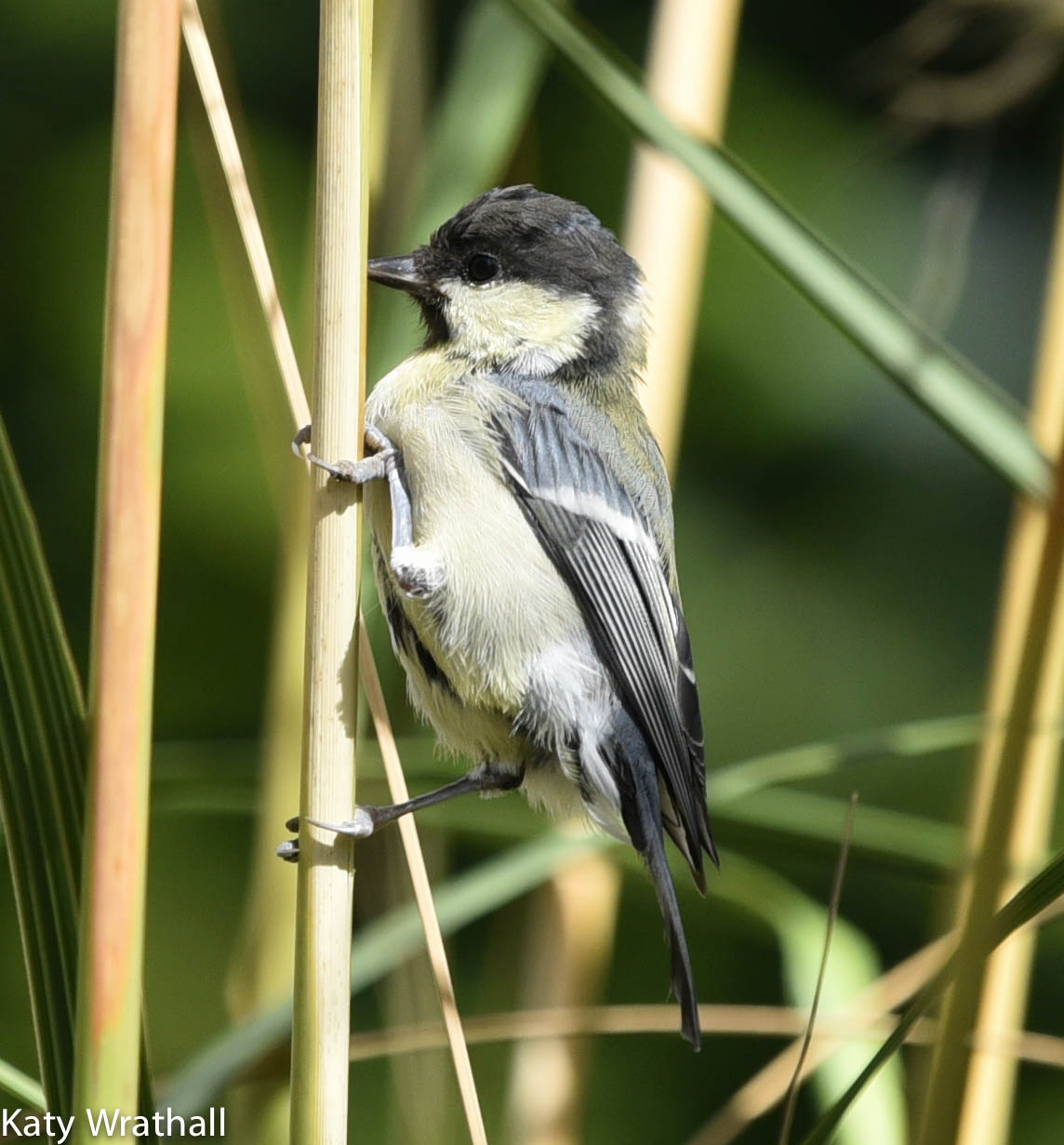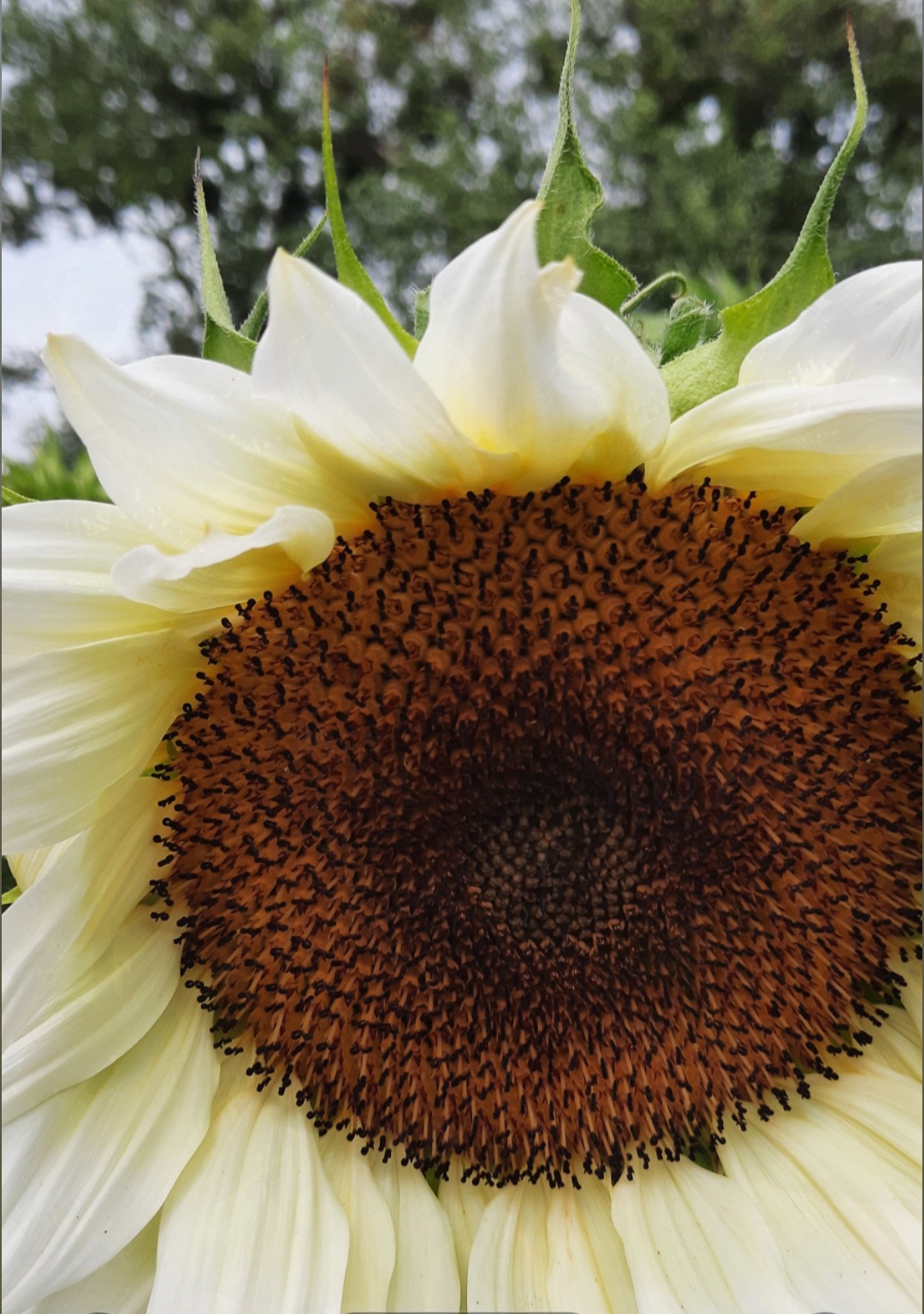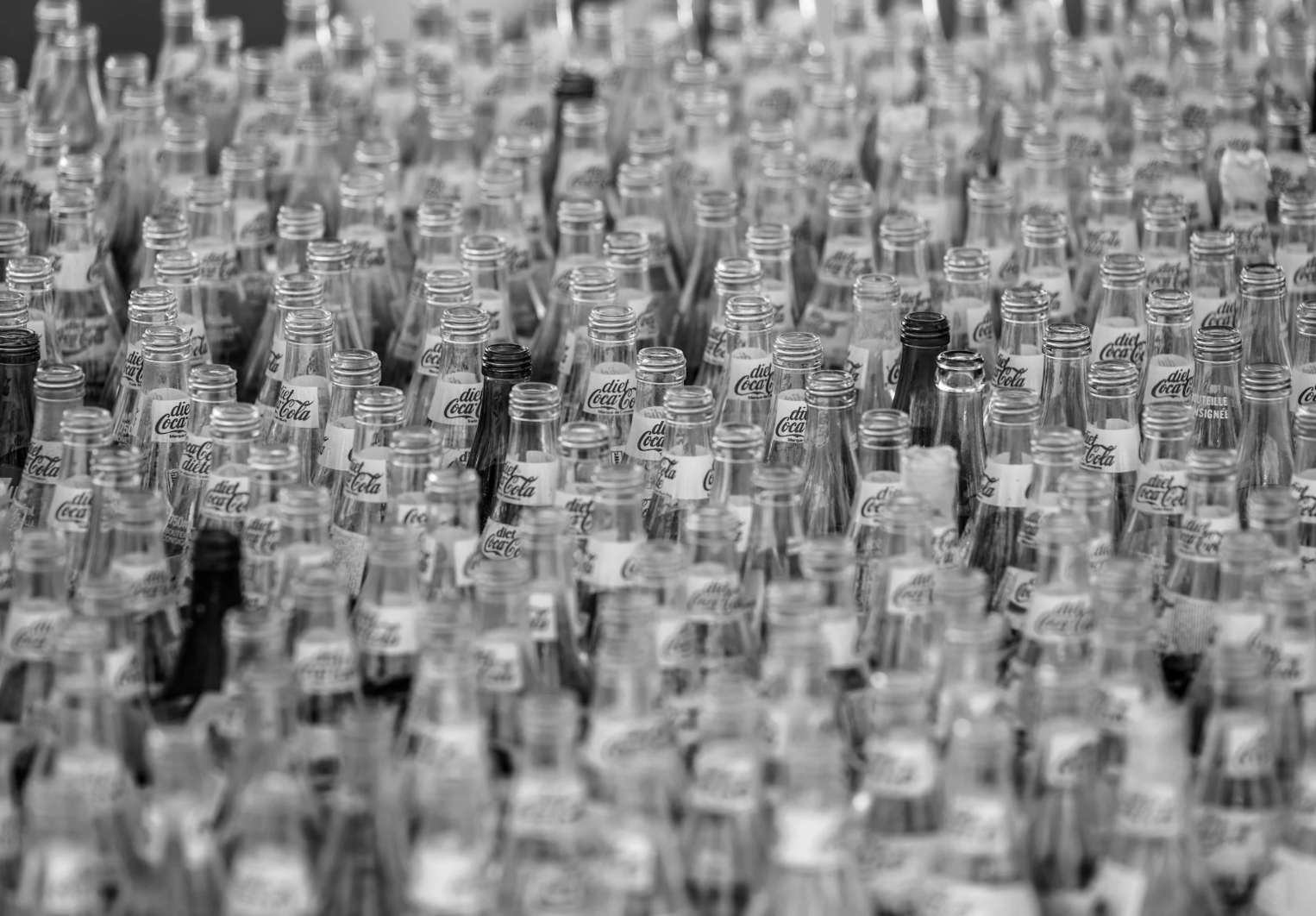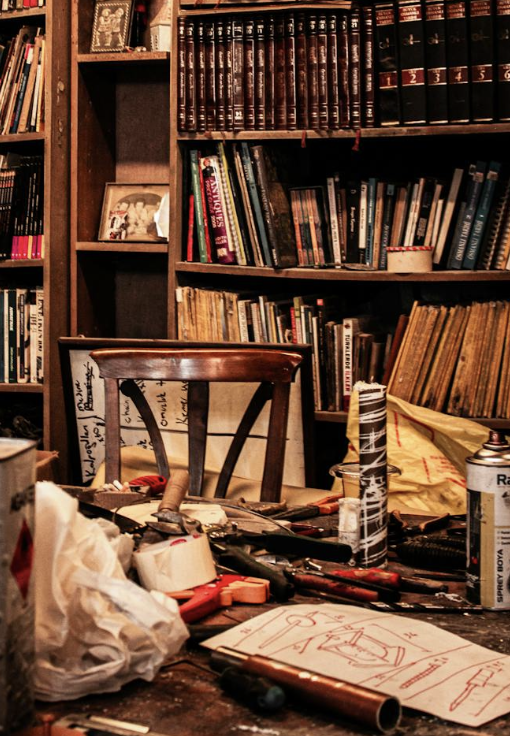By ADAM CLAY, KHADIJAH QUEEN, ROGER REEVES, ANALICIA SOTELO, and RIGOBERTO GONZÁLEZ
To kick off Poetry Month we’re bringing you selections from Poet Laureate Ada Limón’s new anthology, You Are Here, out this month from Milkweed Editions.
As part of her signature project, “You Are Here,” 24th US Poet Laureate Ada Limón has commissioned fifty-two contemporary American poets to observe and reflect on their place in the natural world. The resulting anthology of original poems is a timely portrait of the myriad ways the natural world speaks to us and reflects us. Some of the poems included here contend with the destruction of nature, while others consider its abundance and resilience—and some do both at the same time. While these poems emerge from deeply personal perspectives, together they reveal that nature, like poetry, is universal—and that our interpretations of the natural world are grounded in the nature of our humanity. They also serve as a call for readers to take in the nature all around them, wherever they are.
(from the Foreword to You Are Here, by Carla Hayden, Librarian of Congress)
Table of Contents:
- Adam Clay, “Darkling I Listen”
- Khadijah Queen, “Tower”
- Roger Reeves, “Beneath the Perseids”
- Analicia Sotelo, “Quemado, Texas”
- Rigoberto González, “Summer Songs”
Darkling I Listen
By Adam Clay
A professor once mentioned as an aside
that there are lines in “Ode to a Nightingale”
written to mimic the bird’s call. Maybe
he was right or maybe he wasn’t—either way
the class spent a stretch looking, listening,
mouthing the stressed and unstressed
words on the page. On Keats’s poem,
a critic writes that “lyric is thus a mode
that simultaneously erases and expresses
selfhood.” I think of an eraser and a pencil
working alongside each other. Part of me
can’t help but think Keats called
the birdsong “immortal” because
of his poem and not the Romantic idea that nature,
through its cycles and turns, will ebb and flow
forever. Sometimes the ego’s optimism
remains beautiful even when it’s utterly
and completely flawed. I’d rather think of Keats,
sketching himself back into place. On
the Golden Record that’s out of the solar system
now, scientists deemed the sound of birds
important enough to include as a marker
of our planet. Listening this morning to a clip
of what someone or something might hear one day,
I can’t help but wonder if they’ll
even know what it is. Maybe they’ll think
it was the language we spoke to one another
to say what we longed for, the language
we used to say one day when I’m gone,
and you’re out among the trees,
please, please remember me.
Tower
By Khadijah Queen
A black snake plays dead
on the path between
dogwoods and a meadow of wild
Ageratum, pretends to be water-soaked,
a fallen branch. Others lie
strewn about, their bark-flaked corpses no
mirage. All is well, say the midges, dragonflies,
moths, ladybugs, even the wind
stirring the leaves says to trust
instinct’s music. I walk to unravel
panic’s thousand fingers braided through
my insides—false roots. When I see death
I think lose lose lose
automatically. The tarot says let go,
change. I haven’t read Gospodinov’s
The Physics of Sorrow, yet; can only take
Sharpe’s In the Wake in small doses.
I don’t want to drown in ocean math.
I narrow my eyes to the scam, don’t
move too fast, switch directions
then pause—turn back to see
what choice the snake makes sans my alarm.
In the forest, grief lives a new life
as devotion. Early August leaves play at color
before surrendering to both
man-made ground and messy slopes
collecting undergrowth. I wonder what’s past
resistance to change, on the other side
of fear. If I don’t look down, or walk away. Step
over the snake instead, realize
both living and dying require giving up.
Beneath the Perseids
By Roger Reeves
Raw cotton on the road appears as the dead
Appear in us, to us, slightly bucking,
Unbidden yet called, not speaking per se
But not not speaking, their scent on our hands
Because we lifted a stone from the blood-
Less river, pressed its exile to our eye. I,
I did not want to begin with the dead,
Their urgent dust and disquisitions, their be’s
Being emperor and everywhere, but my hands,
My hands led me into the road, to pull
At the cotton matted to the fresh tar,
Forget the stars wasting themselves across the sky.
I was there for waste, for the Gorgon’s head
Held in Perseus’s hand, for the sweat
Of stars sliding across his sword, the winged
Stallion bursting forth from the Gorgon’s blood.
Blood and corpse fill the sky. Rawest cotton
Gauzes the black wounds of the screaming road. I!
Quemado, Texas
By Analicia Sotelo
My grandfather vanished into the land of the yellow jackets,
swerving in their upper kingdoms. The land of the rattlers,
ensconced in the cool of a wide, flat rock. The dry land,
where the grass is laden with a hungry hue and the mesquites
know their time to burn is coming. My grandfather’s outline
is at the welding station. The butterflies, in cream and marigold,
accost the air with a sentient beauty. The boots he wore
harbor spiders in the living room. And his red paisley bandana,
cured with sweat, calls the river line to attention. Today
is a rare day. I have finally had the courage to tell him
what the sky said to me all those years ago. That I am bound
to its bloodline, though I can never know its true body.
That I am, in essence, a peacock. Neither native nor foreign,
just an iridescence doing what nature demands. “What a bunch
of baloney,” I hear him say with his signature humor, like a splash
of grenadine, as the sun pours its gold silt throughout the valley.
Summer Songs
By Rigoberto González
The rain, of course, as it dings
every leaf on the eucalyptus—
what was it doing there, on the US-
Mexico border, so far from its native
lands? You might have asked your
grandmother that question, she too
so far from home, she too singing
in her beloved Purépecha tongue—
Mederush cancahuish nirash Inguia.
Again, I’m going to sit and drink.
Drink what? The rain. The sorrow
of thirsting for sounds that take us
back among our kind. Is this why
she sat beneath that tree all day,
sweating in the heat? To water
the soil, to plead to the tulips—
they too displaced—grow! grow! grow!
Oh, desperate wish. If they didn’t burst
open all spring, not a chance in July.
Then again, who would have guessed
a tree from Australia befriending an
Indígena from the mountains, here
in the arid and dry Sonoran Desert.
Then again, the miracle of summer rain
and your grandmother’s song inside
that song. And the tulips aching
to be free, hum hum humming along.
Adam Clay is the author of five collections of poems: Circle Back, To Make Room for the Sea, Stranger, A Hotel Lobby at the Edge of the World, and The Wash. His work has appeared in Boston Review, Ploughshares, the Cincinnati Review, jubilat, the Georgia Review, and elsewhere. A recipient of a Literary Artist Fellowship from the Mississippi Arts Commission, he teaches at the University of Southern Mississippi and edits Mississippi Review.
Khadijah Queen, PhD, is the author of six books of innovative poetry and hybrid prose, including most recently Anodyne, winner of the William Carlos Williams Award from the Poetry Society of America. Individual poems and prose appear in the American Poetry Review, Ploughshares, Harper’s Magazine, the Poetry Review, and widely elsewhere. In 2022, she received a Disability Futures Fellowship from United States Artists, and in 2023, she was awarded a six-week Civitella Ranieri Foundation residency Fellowship in Umbertide, Italy. Her book of literary theory and criticism, Radical Poetics, is forthcoming in 2025. Born near Detroit, Michigan, she grew up in Los Angeles, California.
Roger Reeves is the author of King Me and Best Barbarian, winner of the Griffin Poetry Prize and the Kingsley Tufts Poetry Award. His essays have appeared in Granta, the Yale Review, and elsewhere. Reeves’s Dark Days: Fugitive Essays is a crucial book that calls for community, solidarity, and joy, even in—especially in—these dark days. Vulture recently called it “stunning” and applauded how it “captures the sorrows inherent in the way we live today even while keeping a keen eye toward opportunity for joy.” He is the recipient of a Whiting Award and teaches at the University of Texas at Austin.
Analicia Sotelo is the author of Virgin, the inaugural winner of the Jake Adam York Prize, selected by Ross Gay for Milkweed Editions, and the chapbook, Nonstop Godhead, selected by Rigoberto González for the Poetry Society of America. Her poems have also appeared in the New Yorker, The Nation, the Kenyon Review, Best New Poets, and elsewhere. Sotelo is a Canto Mundo fellow and the recipient of the DISQUIET International Literary Prize in Poetry. She lives in Houston, Texas.
Rigoberto González is the author of eighteen books of poetry and prose. He has received fellowships from The Lannan Foundation, The Guggenheim Foundation, the National Endowment for the Arts, the New York Foundation for the Arts, and United States Artists. His other honors include the PEN/Voelcker Award for Poetry, the American Book Award, the Lenore Marshall Prize from the Academy of American Poets, and the Shelley Memorial Prize from the Poetry Society of America. He’s a distinguished professor of English and the director of the MFA Program in Creative Writing at Rutgers-Newark.




